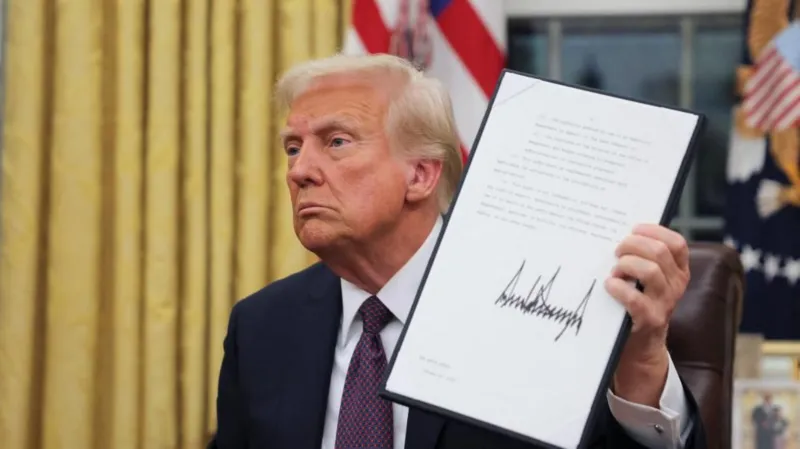Sri Lanka stands at a crossroads, grappling with an unprecedented economic, political, and social crisis that has left millions of its citizens facing dire hardships. Against this backdrop, the nation has welcomed a new leader who has promised to steer the country toward stability and recovery. However, the road ahead is fraught with challenges, and fulfilling these promises will demand extraordinary resilience, strategic planning, and inclusive leadership.
The country’s economic woes are staggering. Years of mismanagement, compounded by the COVID-19 pandemic, have depleted foreign reserves, leading to fuel shortages, power outages, and skyrocketing inflation. Essential commodities remain scarce, and many households struggle to meet basic needs. The incoming administration inherits a fragile economy that requires immediate stabilization measures, such as securing international financial aid, renegotiating debt obligations, and fostering economic reforms to rebuild confidence among investors and citizens alike.
Politically, the new leader faces a deeply divided nation. Public trust in government institutions has eroded due to widespread corruption and perceived mismanagement by previous administrations. Massive protests over the past year have underscored the public’s demand for transparency, accountability, and reform. Balancing the need to address urgent economic concerns with the imperative to restore public confidence in governance will be a critical test for the new leadership.
Social tensions further complicate the picture. With a diverse population encompassing various ethnic, religious, and cultural groups, Sri Lanka has long struggled with issues of inclusion and equality. In times of crisis, these divisions risk becoming exacerbated. The leader’s ability to foster unity and ensure that recovery efforts benefit all citizens, regardless of their background, will be key to achieving lasting peace and progress.
Internationally, the new administration must navigate a complex landscape. Geopolitical considerations, including relationships with neighboring countries and global powers, will shape Sri Lanka’s ability to secure aid and investment. Striking a balance between national sovereignty and the need for external assistance will require deft diplomacy and careful decision-making.
Despite these formidable challenges, the situation is not without hope. Sri Lanka possesses rich natural resources, a resilient population, and a strategic location in the Indian Ocean. Leveraging these strengths, combined with bold and visionary leadership, could pave the way for a gradual recovery.
For the new leader, the promises made during the rise to power will be the measure of success or failure. Economic revival, political reform, and social cohesion are not just lofty goals but urgent necessities. The leader’s ability to deliver tangible results in the short and long term will define Sri Lanka’s trajectory for years to come.
The people of Sri Lanka, weary from enduring years of hardship, are looking for signs of progress. As the country begins this new chapter, the world watches closely, hoping that Sri Lanka’s story will transform from one of crisis to one of resilience and renewal.




















